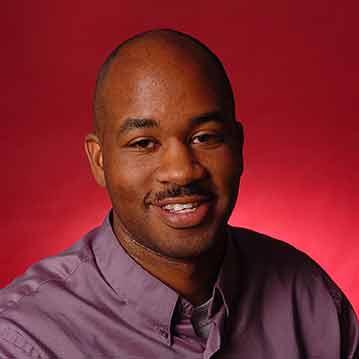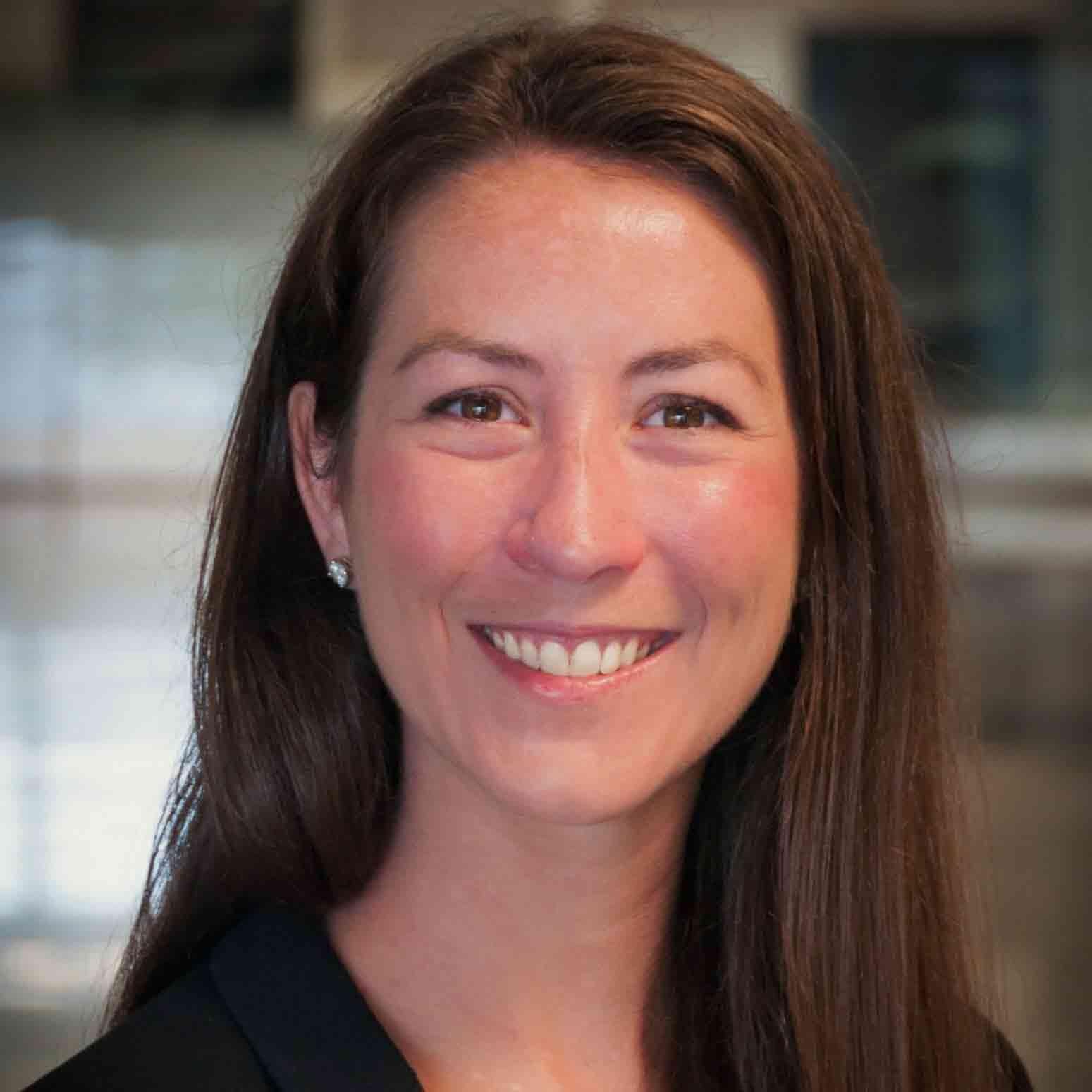Arts
Creative practice as personal expression and social commentary
Introduction
Art—in its infinite forms, functions and implications—is the most accessible and universal way of constructing meaning out of the world we inhabit.
The Arts Scholars program helps students gain a deeper understanding and appreciation of the role that art plays in society and in history. Through a mix of lectures, discussions, demonstrations, collaborative art-making and interactions with guest artists, students consider:
- How art can help us uncover our past and more readily imagine the possibilities of the future;
- How and why art may be used to make an impact or send a message; and
- What different works of art, and personal reactions to them, may signify.
Students will be challenged to conceptualize, articulate and present original ideas through a variety of methods, getting firsthand experience in creative problem-solving and project execution. Ultimately, students will strengthen their personal artistic skill and learn to appreciate a broad spectrum of art disciplines.
The Arts Scholars program attracts a diverse student population from a range of academic disciplines. No matter their area of artistic interest or skill level, students will find themselves immersed in a collaborative learning environment.
Colloquium and Lecture Topics
- What is art? What is “good” art? Understanding social definitions of art and their influence on artistic taste.
- How can we leverage the influence of artistic practice to constructively comment on the depth of our differences, our shared commonalities, and the nuances of identity as individuals and community members?
- What does research look like in the arts? Exploring common methods of creative and artistic research in the professional world.
- In what ways can we embrace creative approaches to identify, address and bring clarity to the societal challenges faced by “you,” “us,” “them” or “other”?
- How can art reshape or recontextualize understanding of our (individual and societal) learned history, biases and beliefs? How can it make visible the invisible?
- West African djembe: Exploring the role of music in community building, storytelling and cultural understanding
I have been challenged to think differently, work cooperatively, embrace creativity and, most importantly, go beyond the limits I have set for myself. Because of this program, I can confidently say I feel infinitely more prepared for the “real world,” and for that confidence and growth, I could never be more grateful.
Other Learning Opportunities
A variety of learning opportunities supplements the Arts curriculum. As an Arts Scholar, you will be introduced to artists, professional ensembles and world-class institutions each semester, through workshops led by guest artists; attendance at live performances in Washington, DC, New York City and on campus; and visits to the Smithsonian's renowned art and history museums.
In addition, you will get a chance to:
- Conceptualize, execute and present a capstone project of your choosing during your second year;
- Participate in service-learning with local schools and arts nonprofit organizations; and
- Cultivate valuable leadership and communication skills through peer mentoring and peer teaching opportunities.
Curriculum Overview
Over the two-year program experience (four semesters), students will complete up to 6 credits of supporting courses that will count toward your Arts Scholars citation. In most cases, these will also fulfill General Education requirements. Note that your Scholars courses—colloquiums, capstone practicum and supporting courses—will generally be in addition to any courses you take to satisfy major requirements.
The following represents a typical two-year curriculum, but individual schedules may vary. Details about courses and requirements can be found on the Arts Citation Checklist.
| SEMESTER | COURSE | CREDITS |
|---|---|---|
| Freshman Fall | Scholars Colloquium | 1 credit |
| Academic Writing (can be taken either Freshman Fall or Spring semesters) | 3 credits | |
| Arts Service Learning (Optional) | 2 credits | |
| 2–4 courses toward degree and major requirements (including possible supporting course) | 6–12 credits | |
| Freshman Spring | Scholars Colloquium | 1 credit |
| Arts Service Learning (Optional) | 2 credits | |
| 3–5 courses toward degree and major requirements (including possible supporting course) | 9–15 credits | |
| Sophomore Fall | Scholars Colloquium | 1 credit |
| 4–5 courses toward degree and major requirements (including possible supporting course) | 12–15 credits | |
| Sophomore Spring | Scholars Colloquium | 1 credit |
| Scholars Capstone | 2 credits | |
| 4–5 courses toward degree and major requirements (including possible supporting course if not already completed) | 12–15 credits |
Sponsoring College
Residence Hall
Bel Air Hall
Faculty


Social Media, Etc.
The Diamondback: UMD students' dance workshop highlights Japanese Butoh style, May 2022
Arts News
Courses Bring Comfort to Learning Computing
From knitting to music making, hobbies serve as entry points to explore AI, algorithms, programming, and more. Nearly a dozen one-credit, half a semester Maker Movement Approach to Computing (MMAC) classes at the University of Maryland use students’ personal interests as a low-stakes on-ramp to learn about technology.In the knitting class, you can find Felix Baum ’29, a computer science and linguistics double major in College Park Scholars’ Data Justice program.
First-Year Scholars Venture to Philadelphia to Explore the U.S. Constitution
With the announcement of the 2025 First Year Book as The Constitution of the United States, College Park Scholars set a course to make one of the nation's founding documents spring to life. What better way than a day trip to the place where the document was signed!Many of our Scholars had not visited the City of Brotherly Love before or were very young on their first trips to Philadelphia. Now armed with some understanding of the founding of the United States, they were eager to dig in. "I have never been to Philadelphia before and I want to learn more about a city that is so important in American history," said JaeMin Thurman, a Life Sciences Scholar. "I also want to continue to build relationships with other Scholars students."
Bridging the Gap Between the Classroom and the Boardroom
A collaboration between OCS and the Business, Society and Entrepreneurship (BSE) College Park Scholars Program and sponsored by the Enterprise Mobility Foundation, the Career Boutique was created by BSE students, who gathered clothing donations and purchased new items as part of their capstone project in the spring. BSE students and teaching assistants, like computer science and finance major McKendry, will also be staffing throughout the school year.Clinical Professor and BSE Director Oliver Schlake donated the Hugo Boss suit that got him through a doctoral dissertation, wedding and Smith interview, and encourages community members to contribute too.
David Eubanks to be Honored at 42nd Annual University Convocation
The 42nd annual Convocation ceremony on Wednesday will honor 32 outstanding university employees for their contributions to education, research and service, from making discoveries that tackle the world’s most difficult challenges to inspiring students in the classroom and improving daily life across campus.David Eubanks, Associate Director of College Park Scholars, will receive the President's Distinguished Service Award.
PL Alum Addresses Fall Convocation
Prince George's County native Jazz Lewis came to the University of Maryland as a freshman only sure of one thing. He wanted to serve. College Park Scholars ended up being the perfect home for the future Maryland state legislator, now serving in the Maryland House of Delegates as Majority Whip, allowing him to challenge himself academically but also expand his vision of what service could look like.An email invitation in late spring from College Park Scholars' Executive Director Marilee Lindemann for Lewis to return to the place where he learned about himself was accepted eagerly.
First Steps at Fall Welcome
There were plenty of “Boots on the Ground” for move-in at the University of Maryland last week, but no need for fans in the hands, given the unseasonably refreshing 75-degree weather.Two College Park Scholars programs were captured in action on Service Day, a few days before classes began. Science and Global Change and Media, Self and Society had university photographers visit their service sites to see their impact in action. Read more about the more than 25 year old Service Day tradition by clicking here.
